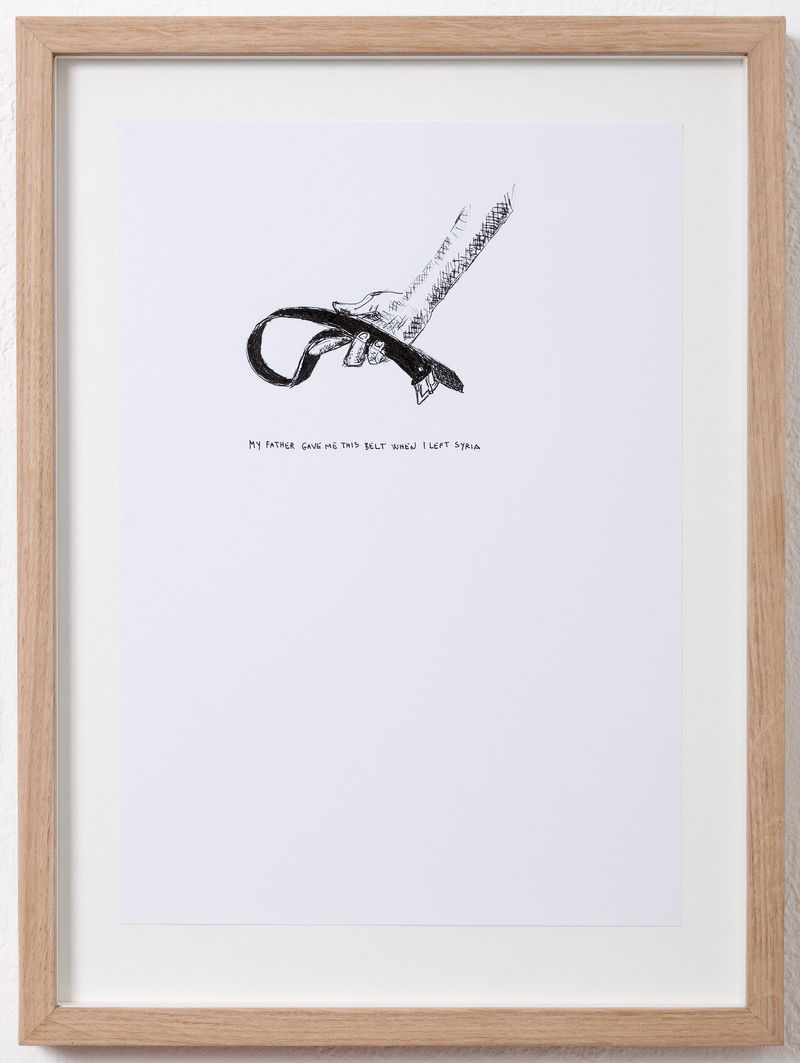Text(2002 revised 2016)
If the first victim of a war is truth, then the next victim is the loss of subjectivity of the people involved. You are no longer yourself, but friend or foe, soldier or civilian. Hence the last victim to fall in the dehumanisation of war is perhaps the possibility to communicate its experience in a straight forward manner.
I visited Sarajevo in 1997 on business that didn't really have anything to do with the war, but of course it overshadowed my expectations and my sojourn.
The person I was meeting was a great storyteller. Where an embellisher of truth creates myths as a goal in itself, my friend seemed to wish to make a statement with his stories about the siege of the city. He talked in paraphrases, dramatisations, intimations, and something always seemed to be staved off. Well, to cut a long story short, I think he tried to tell or to construct the future rather than a version of the past; truth is mostly of importance for the things that have already happened.
Another thing I was told and that made an impression on me was a woman who remarked that the young people who had lived through and taken part in the war were much more normal than other youngsters. This made sense in the same way as one can view a personal crisis or a serious disease as a valuable experience. But it also added an extra layer of impenetrability to the whole situation, and with that the feeling of my being a Voyeur. I understood that I had been vain with my empathy. How could normality thrive in a former warzone - without truth? Is this a common effect of war, and was it for this reason I desired to "see" the war? To ordain "normality" to one person can be the violation of another person’s identity, but perhaps the term just describes the appreciation of life.
Truth and trauma are not easy bedfellows; trauma and normality, perhaps, I don't think that one as coming from a place of not-war can share trauma with those who have experienced war. What we can share, hopefully, are those common images and languages available to us for expressing ourselves and the future.

